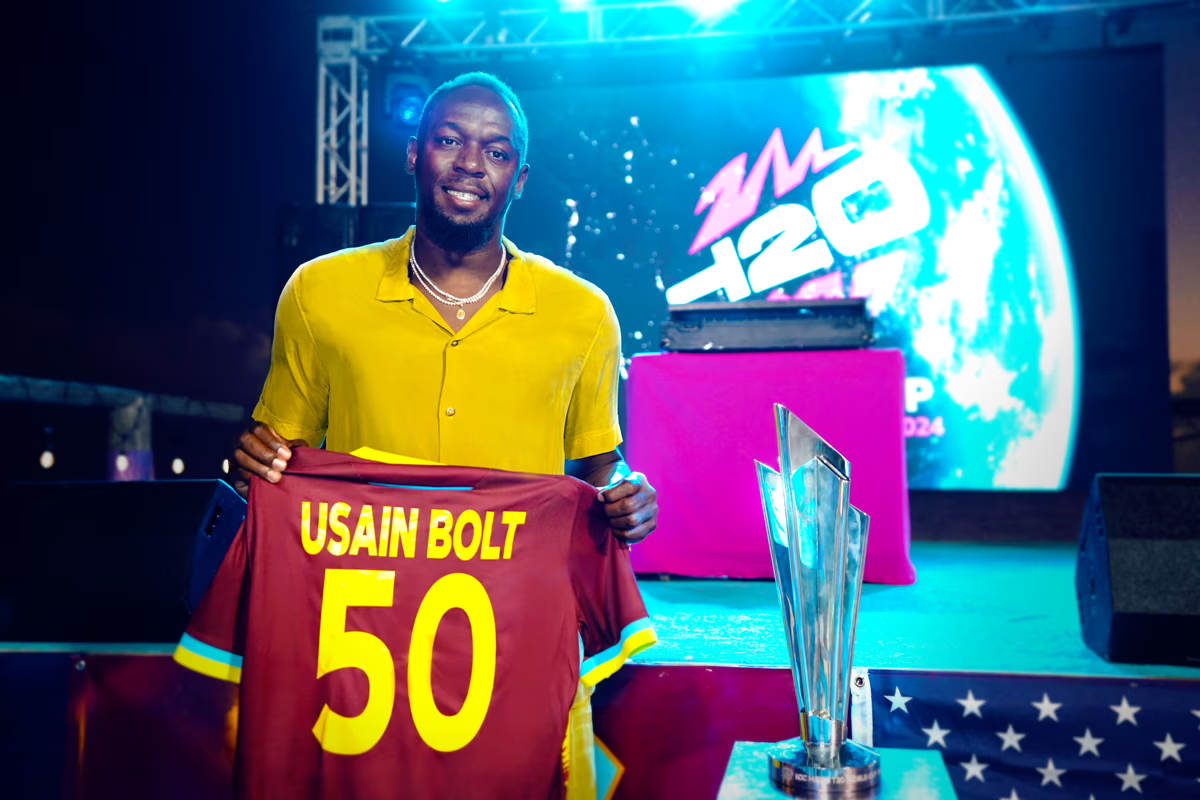The United States has denounced Venezuela’s new claim of the maritime border west of the Essequibo Coast, and reiterated its support for Guyana.
In a social media post, U.S. Ambassador to Guyana Sarah-Ann Lynch tweeted this evening that, “The United States has long called for a legal peaceful resolution to Guyana’s border controversy with Venezuela and we reiterate that call today.”
The U.S. Diplomat had shared a similar post made by Acting Assistant Secretary for U.S. Department of State’s Bureau of Western Hemisphere Affairs a few minutes earlier.
Ambassador Michael Kozak also reiterated that the U.S. supports the International Court of Justice (ICJ’s) December 18, 2020 ruling that it has jurisdiction in the Guyana-Venezuela territorial border controversy case, which he noted is the “legal and peaceful way forward.”
“Maduro’s aggressive claims don’t change this, they only show the world his disregard for his neighbors and intl. law,” the State Department official posited.
Days before the World Court is scheduled to hold a case management hearing on Guyana’s application for a final and binding settlement of the border controversy with Venezuela, the Nicolás Maduro government on January 7, 2021 issued a new Decree to claim for itself, the land and seabed west of the Essequibo Coast.
In a special address to the Nation on Saturday, President Dr. Irfaan Ali staunchly rejected this new claim by Venezuela, calling it a “legal nullity” that will not be recognised by Guyana or any other state in the world.
According to Ali, Guyana has always chosen to have the issue resolved within international law. He, therefore, described the Maduro government’s latest statements as “deeply disturbing” but made it clear that they would not deter Guyana from seeking a final, binding resolution at the ICJ.
“I find it deeply disturbing that on January 7, the President of Venezuela issued a decree claiming for Venezuela’s sovereignty an exclusive sovereign right to the waters and seabed adjacent to Guyana’s coast West of the Essequibo river.”
“I remind that sovereignty over this coast and the land it is attached to was awarded to Guyana, then British Guiana, in the 1899 arbitral award, whose validity Guyana is confident the ICJ will uphold unequivocally,” the Guyanese Head of State posited.
Ali explained that Venezuela’s decree breaches fundamental principles of International law, including the fact that no nation can determine its own boundaries, except through an agreement with its neighbors or a judgment from the international court.
























